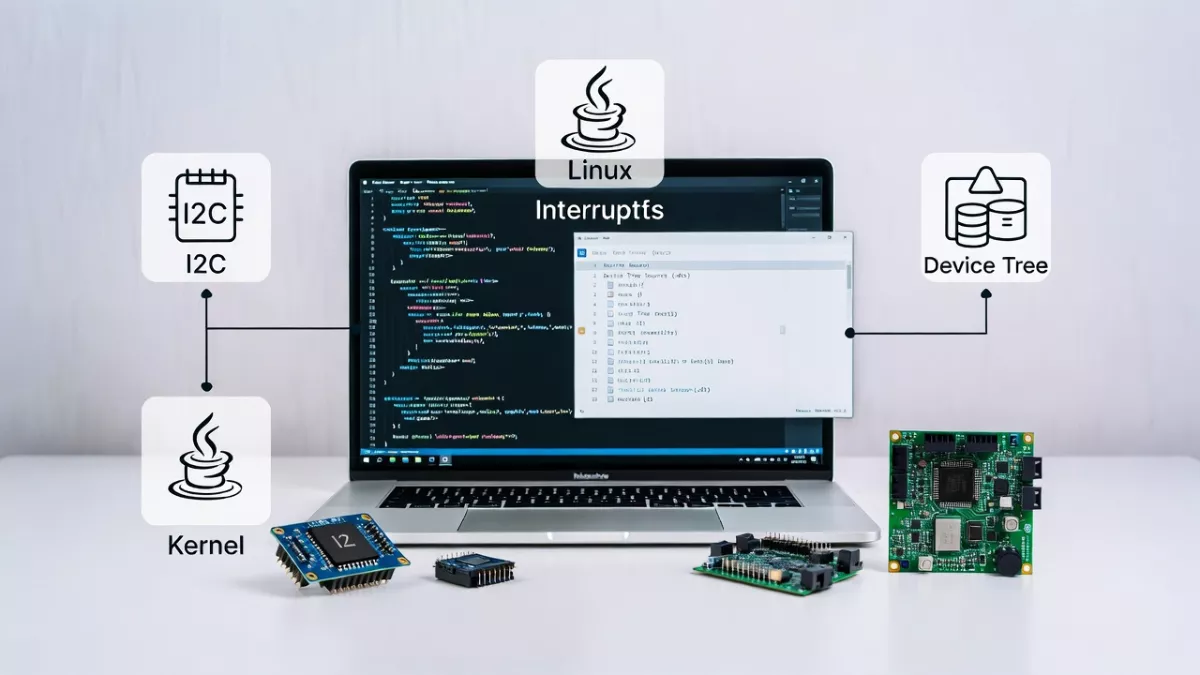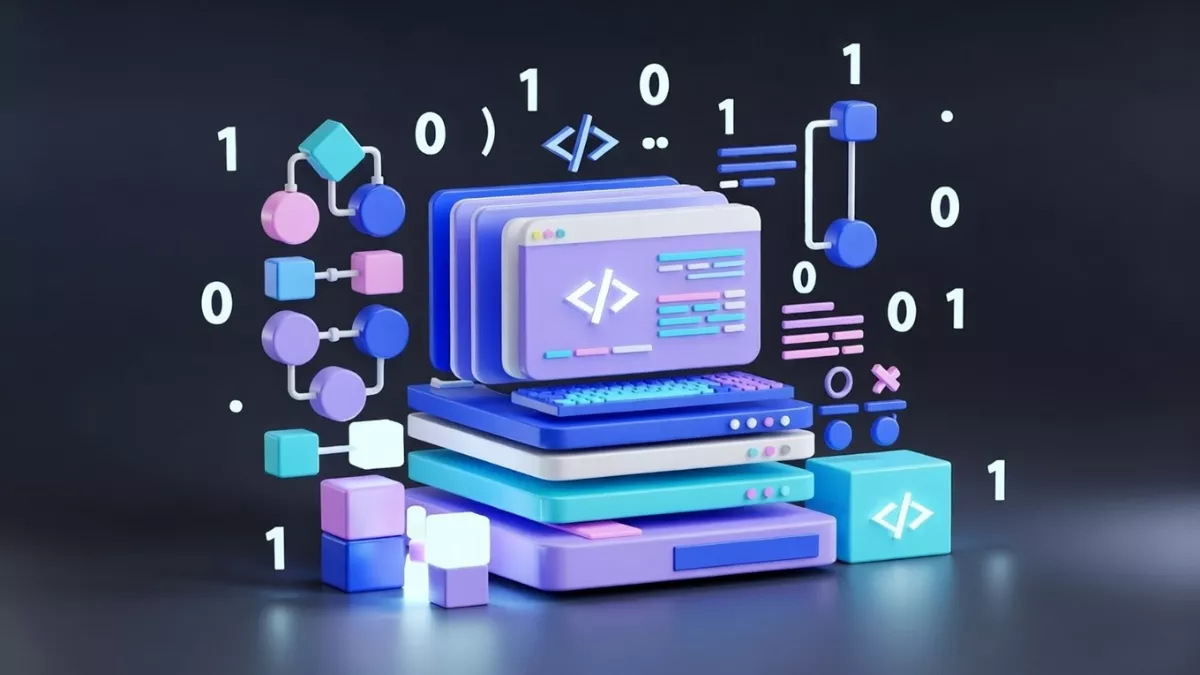Microcontroller vs Microprocessor vs SoC : Whether you’re a beginner stepping into embedded systems or an experienced engineer brushing up on core concepts, understanding the difference between a Microcontroller (MCU), Microprocessor (MPU), and System on Chip (SoC) is crucial. These are the brains behind every smart gadget—from your smartwatch to a satellite!
In this post, we’ll break it down simply with clear definitions, use cases, and a side-by-side comparison.
Microcontroller vs Microprocessor vs SoC
What is a Microcontroller (MCU)?
A Microcontroller is a compact integrated circuit designed to perform a specific control task in embedded systems.
Key Features:
- Includes CPU + RAM + ROM + I/O peripherals on a single chip
- Meant for real-time control
- Low power, cost-effective
- Runs simple firmware or embedded applications
Use Cases:
- Washing machines, microwave ovens
- Wearables like fitness trackers
- Automotive dashboard systems
- Arduino-based hobby projects
Note: Microcontrollers are ideal for small, low-power, task-specific systems.
What is a Microprocessor (MPU)?
A Microprocessor is a general-purpose CPU integrated into a single chip, but without built-in memory or peripherals.
Key Features:
- Just the CPU
- Needs external RAM, ROM, I/O
- Designed for high performance and complex computing
- Used in general-purpose computing
Use Cases:
- Personal computers
- Servers
- Laptops
- Desktop applications
Note : Microprocessors power general computing systems requiring external memory and peripherals.
What is a System on Chip (SoC)?
A System on Chip combines all components of a computer—CPU, GPU, RAM, storage, wireless modules, and I/O—on a single chip.
Key Features:
- Combines MCU/MPU + peripherals + connectivity
- Compact and power-efficient
- Highly integrated
- Custom-built for specific devices
Use Cases:
- Smartphones and tablets
- IoT devices
- Smart TVs
- Raspberry Pi
✅ Note : SoCs are the powerhouse of modern smart devices combining performance and efficiency.
Quick Comparison Table on Microcontroller vs Microprocessor vs SoC
| Feature | Microcontroller (MCU) | Microprocessor (MPU) | System on Chip (SoC) |
|---|---|---|---|
| Integration | CPU + RAM + ROM + I/O | CPU only | CPU + GPU + Memory + I/O |
| Application Type | Specific tasks (real-time) | General computing | Versatile, integrated systems |
| Cost & Power | Low | Higher | Medium to low |
| Performance | Moderate | High | High |
| Memory | Built-in | External | Built-in |
| Typical Use | Embedded devices | Computers, servers | Smartphones, IoT, tablets |
Conclusion for Microcontroller vs Microprocessor vs SoC
Understanding the difference between a Microcontroller, Microprocessor, and SoC helps you pick the right solution for your embedded project or product. Here’s a quick rule of thumb:
- 🧩 Use MCU when you need low cost, low power, and a focused task
- 💻 Use MPU when you need high computation with external resources
- 📱 Use SoC when you want an all-in-one compact powerhouse
Follow-up interview questions Interviewer might ask on Microcontroller vs Microprocessor vs SoC
🔧 Microcontroller-Specific Questions:
- Can you name a few popular microcontrollers you’ve worked with?
- What are the advantages of using an MCU in real-time embedded systems?
- How do you program a microcontroller, and which tools have you used?
- What’s the difference between Harvard and Von Neumann architecture in the context of MCUs?
🖥️ Microprocessor-Focused Questions:
- Why would you choose a microprocessor over a microcontroller in a design?
- How do you handle memory management in systems using microprocessors?
- What kind of operating systems typically run on microprocessor-based systems?
📱 SoC-Related Questions:
- Can you give an example of a SoC you’ve worked with and what peripherals it included?
- What challenges have you faced while developing software for SoCs?
- How do SoCs support power optimization in battery-powered devices?
🤖 System Design and Application:
- Suppose you have to design a smart home device. Will you choose an MCU, MPU, or SoC? Why?
- Have you worked on bare-metal programming or RTOS on any MCU? Explain.
- What are the criteria you consider while selecting between MCU, MPU, or SoC for an embedded product?
🧠 Conceptual or Deep-Dive Questions:
- How does interrupt handling differ in MCUs vs MPUs?
- Explain the boot process for an SoC-based system.
- What’s the role of MMU in a microprocessor, and is it present in microcontrollers?
- Can you compare an SoC running Android vs an MPU running embedded Linux?
You can also Visit other tutorials of Embedded Prep
- What is eMMC (Embedded MultiMediaCard) memory ?
- Top 30+ I2C Interview Questions
- Bit Manipulation Interview Questions
- Structure and Union in c
- Little Endian vs. Big Endian: A Complete Guide
- Merge sort algorithm
Special thanks to @embedded-prep for contributing to this article on Embedded Prep
Mr. Raj Kumar is a highly experienced Technical Content Engineer with 7 years of dedicated expertise in the intricate field of embedded systems. At Embedded Prep, Raj is at the forefront of creating and curating high-quality technical content designed to educate and empower aspiring and seasoned professionals in the embedded domain.
Throughout his career, Raj has honed a unique skill set that bridges the gap between deep technical understanding and effective communication. His work encompasses a wide range of educational materials, including in-depth tutorials, practical guides, course modules, and insightful articles focused on embedded hardware and software solutions. He possesses a strong grasp of embedded architectures, microcontrollers, real-time operating systems (RTOS), firmware development, and various communication protocols relevant to the embedded industry.
Raj is adept at collaborating closely with subject matter experts, engineers, and instructional designers to ensure the accuracy, completeness, and pedagogical effectiveness of the content. His meticulous attention to detail and commitment to clarity are instrumental in transforming complex embedded concepts into easily digestible and engaging learning experiences. At Embedded Prep, he plays a crucial role in building a robust knowledge base that helps learners master the complexities of embedded technologies.














1 thought on “Master Microcontroller vs Microprocessor vs SoC: What’s the Difference? [2026 Guide]”